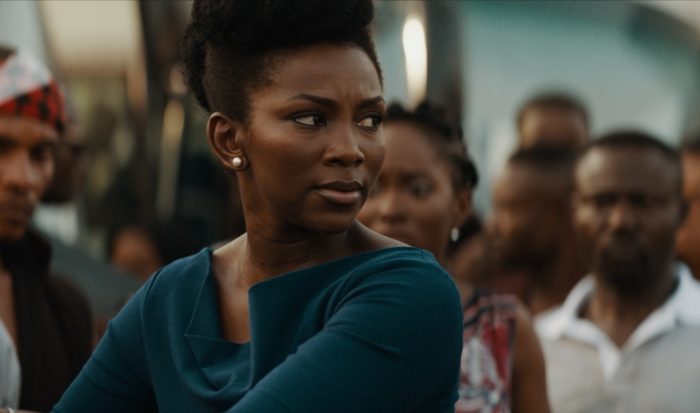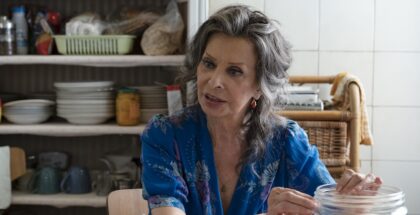Lionheart: Netflix’s Nigerian movie disqualified from Oscar
David Farnor | On 05, Nov 2019
Lionheart, Netflix’s first Nigerian movie, has been disqualified from an award in this year’s Oscars race.
The film, which is the first original movie to be produced in the country for the streaming giant, marks the directorial debut of Genevieve Nnaji.
Running a company can be challenging, especially if you are a female in a male-dominated industry. Looking to prove her worth, Adaeze steps up to the challenge when her father, Chief Ernest Obiagu is forced to take a step back due to health issues. Ironically, he appoints his crude and eccentric brother, Godswill, instead to run the company with his young daughter. Complications arise when they discover that the family business is in dire financial straits and both Adaeze and Godswill try to save the company in their own way to crazy and often hilarious results.
Nnaji wrote the script alongside Chinny Onwugbenu, Ishaya Bako, Emil Garuba and C.J. Obasi, and also stars in the movie, opposite Nkem Owoh, Pete Edochie, Onyeka Onwenu.
However, when Nigeria chose the film to be its first ever submission for Best International Feature Film, the Academy ruled that the film was not eligible because it has too much English dialogue. Films in this category should have a “predominantly non-Engish dialogue track”, say the rules, and with 11 minutes of Lionheart’s 95 minutes in the Igbo language (and the rest in English), the movie doesn’t meet the criteria.
While the criteria for that category are clear, the ruling comes after Best International Feature Film category’s name was changed from Best Foreign Language Film to avoid outdated terms and thinking. Nnaji has criticised the decision, noting that the movie represents how Nigerians communicate.
Ava DuVernay, director of Selma and A Wrinkle in Time, has also tweeted disapproval of the announced by The Academy, noting that English is Nigeria’s official language.
Nnaji added that the English “acts as a bridge between the 500+ languages spoken in our country” and that “we did not choose who colonised us. As ever, this film and many like it, is proudly Nigerian”.
1/1 1/2 Thank you so much @ava❤️.
I am the director of Lionheart. This movie represents the way we speak as Nigerians. This includes English which acts as a bridge between the 500+ languages spoken in our country; thereby making us #OneNigeria. @TheAcademy https://t.co/LMfWDDNV3e— Genevieve Nnaji MFR (@GenevieveNnaji1) November 4, 2019




















